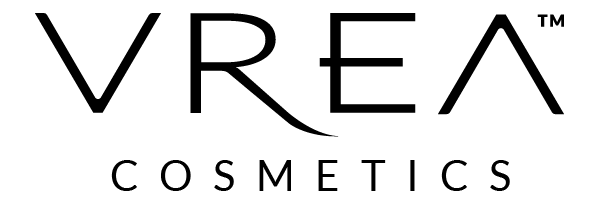In times overly-saturated with marketing “fluff”, fear-driven-tactics and misleading claims, you need a little oasis that’s properly sifting through what’s truth and what’s myth. Take a look; more coming.
MYTH: EATING CHOCOLATE OR OILY FOODS CAUSES ACNE.
FACT: Excess sebum causes acne. There is no valued scientific evidence that these specific foods do. There is some credible research behind cow’s milk and its potential link to acne however, how cow’s milk may increase or worsen acne is still a mystery.
One theory is that the hormones in milk cause inflammation in the body, which in turn can clog pores, leading to acne. The kicker is that while cow’s milk may increase the risk of developing acne, no studies have found that products made from milk (i.e. yogurt or cheese) lead to more breakouts.
MYTH: HOT WATER IS GOOD FOR SKIN.
FACT: Hot water removes natural oils from the skin, damaging its protective barrier, leaving it dry and itchy. Your face is particularly sensitive to hot water!
You can use steam to loosen pores, but avoid direct skin-contact with hot water or a very hot towel. An easy way to tell if your water is too hot, is to look at your skin after rinsing. If the skin turned red (even slightly), the water you used was too hot.
MYTH: PORES OPEN AND CLOSE.
FACT: While steam for example can loosen pores, they do not open and close. The incorrect terminology of “open and close”, refers to pores dilating.
That can occur due to age, temperature and genetics, combined with the pores being clogged with oil and/or dirt (which would make them appear larger).
MYTH: YOU CAN SWEAT OUT TOXINS.
FACT: The body has biological mechanisms for detoxifying, which includes the kidneys and liver.
Sweat consists mostly of water, and its purpose is to help regulate body temperature. You can’t really sweat out toxins!
MYTH: MAKEUP CAN CAUSE ACNE.
FACT: Makeup itself does not cause acne, however: using makeup products that have been contaminated with bacteria or tools (i.e. brushes/sponges) that are not clean, can cause skin problems, including breakouts.
Not properly cleansing the skin after wearing makeup can also lead to acne, but makeup itself does not.
On the topic of sanitation, Alexandra took that very seriously when conceptualizing the 4-IN-1 Concealer SPF 30 which is why the formula is housed in a tube. The Zamac cooling tip can also be easily wiped clean, maintaining a superior level of cleanliness.
MYTH: NATURAL, BOTANICAL PRODUCTS ARE BETTER FOR SKIN.
FACT: Just because it comes from nature does not mean it’s safe. The reverse also holds true: a product isn’t bad just because it’s synthetic. Arsenic and poison ivy are derived from nature, yet we wouldn’t want them on the skin.
The definition of “natural” is hazy and “natural-based” products are often unregulated so in essence, a company can use this term to mean whatever they want it to mean.
It’s also worth noting that everything is made up of chemicals, so “chemical free” slogans are purely marketing and fear-induced, to increase sales. Water is chemicals, to drive the point home.
MYTH: PEOPLE WITH OILY SKIN DON’T NEED TO MOISTURIZE.
FACT: Absolutely not true, all skin types need moisture!
The difference comes in the approach to skin type. Those of us with oily skin should look for lightweight, non-comedogenic products. Moisturizers contain humectants (ingredients that draw water into the skin) and emollients (which form a protective barrier, keeping the water into the skin) and everyone needs that.
MYTH: YOU ARE BORN WITH FRECKLES.
FACT: This is so false!
Children with the genetical predisposition, will develop freckles after being exposed to the sun’s UV rays. No one is born with freckles.
MYTH: IF IT BURNS, IT MEANS IT’S WORKING.
FACT: The opposite is true: if it burns, remove it with a cool damp cloth immediately.
When it comes to skin care, a little tingling is normal with certain products/active ingredients. Stinging or burning however, is not. A burning sensation may indicate that you’re having an adverse reaction to the product, leading to potential irritation, inflammation, and other negative side effects.

